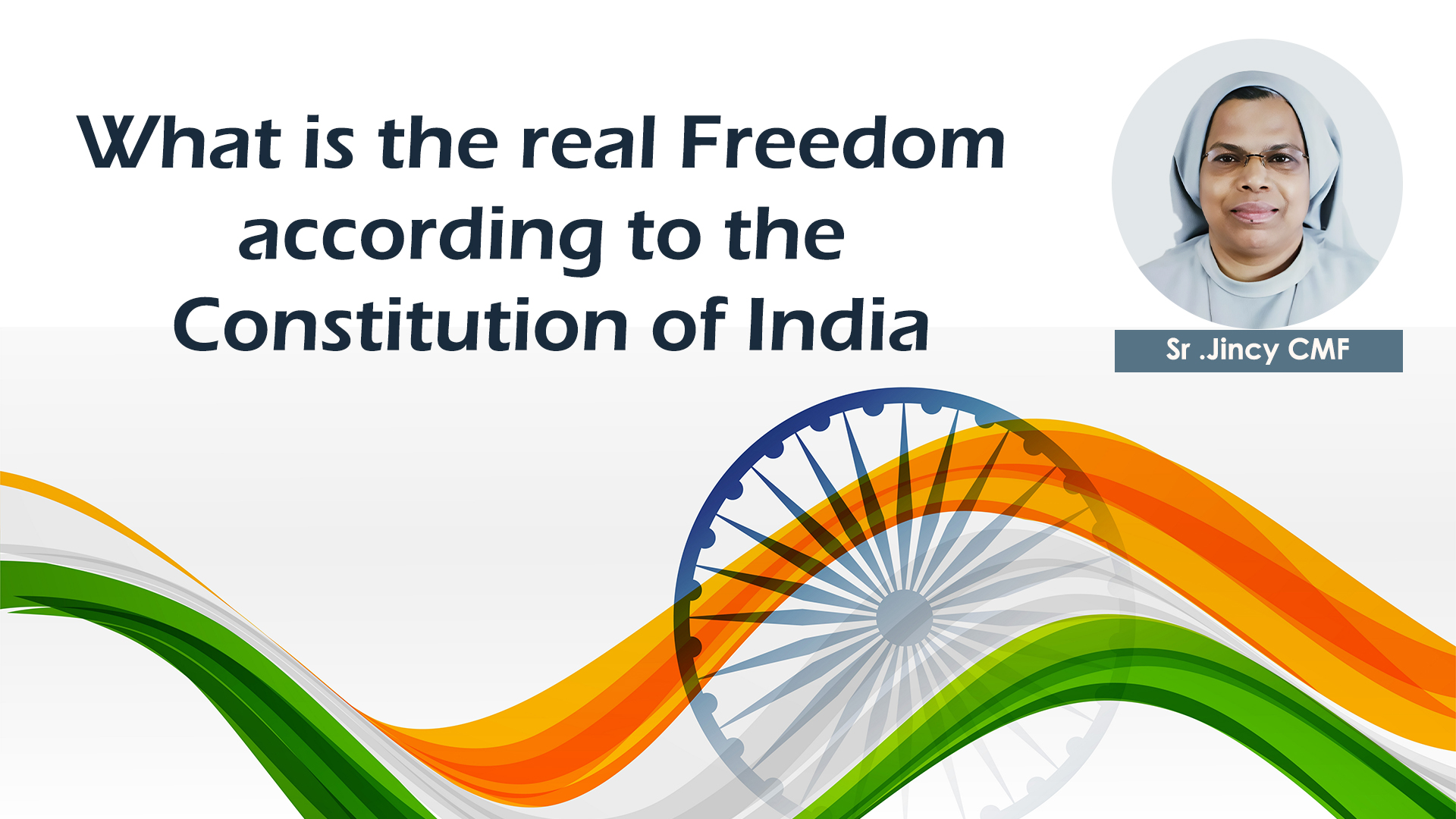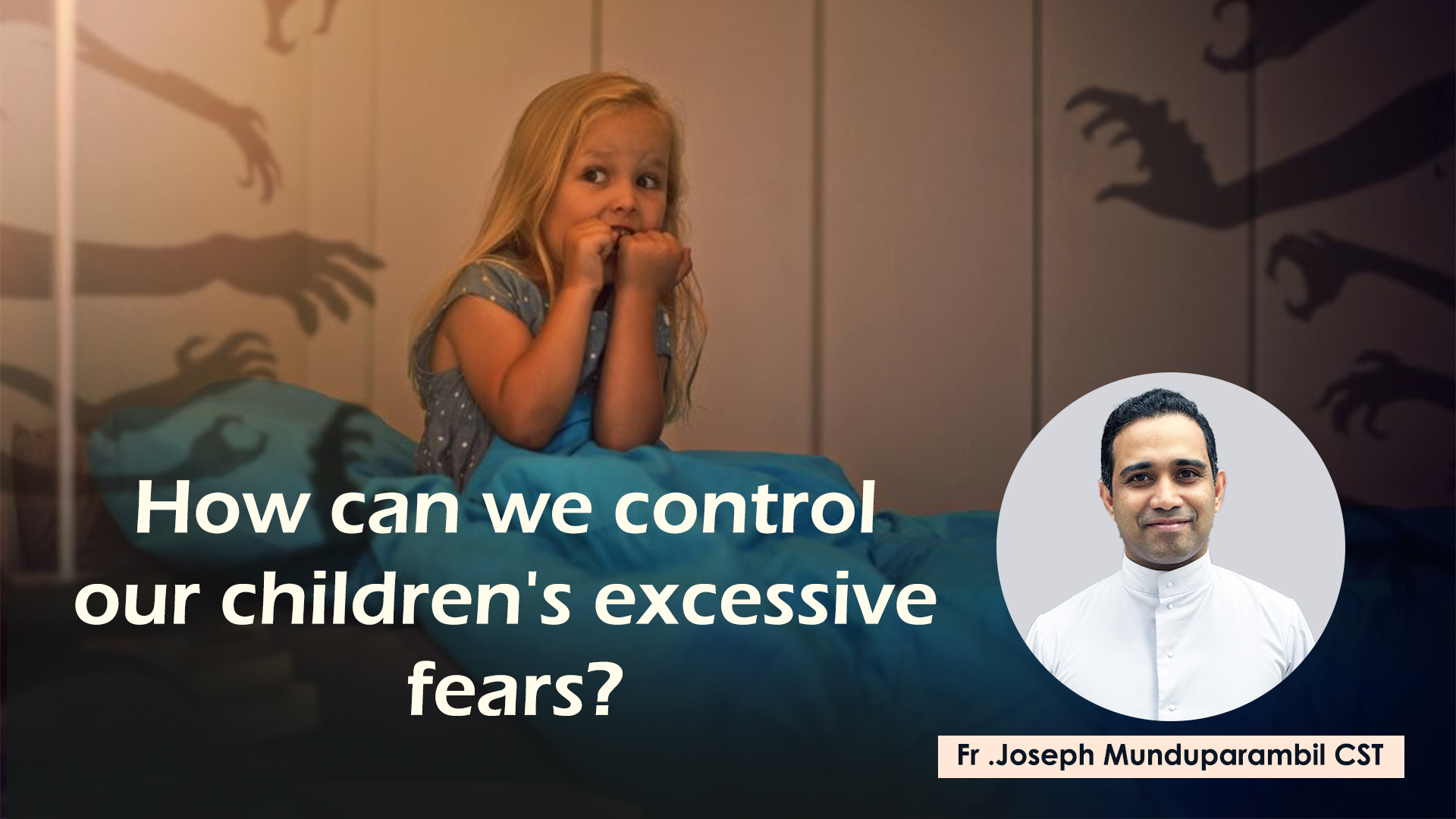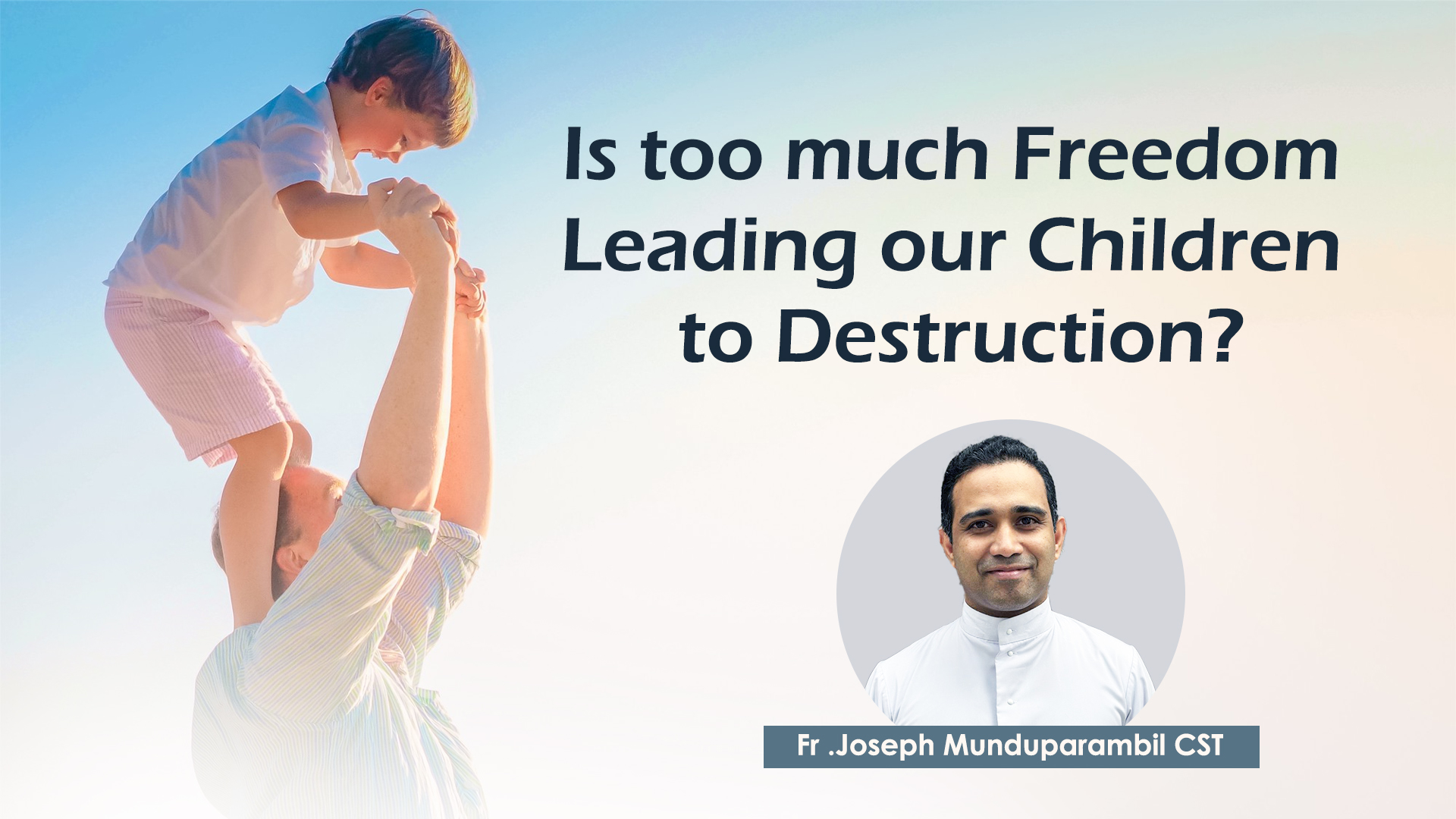
As we celebrate 78 th year of independance day,what is the real freedom according to the constitution of India.
As India celebrates its 78th Independence Day, it’s a meaningful time to reflect on what “real freedom” means—not just in terms of liberation from colonial rule in 1947, but in the deeper sense as envisioned by the Constitution of India.
🔹 Real Freedom According to the Constitution of India:
The Constitution does not define “freedom” in one sentence, but it guarantees and protects it through fundamental rights, democratic values, and institutions. Here’s what real freedom means in the constitutional sense:
1. Fundamental Rights .
These are the pillars of individual liberty:
Right to Equality.
Freedom from discrimination based on religion, race, caste, sex, or place of birth.
Right to Freedom .
This is the heart of constitutional liberty. It includes:
Freedom of speech and expression
Freedom to assemble peacefully
Freedom to form associations or unions
Freedom to move freely throughout India
Freedom to reside and settle anywhere
Freedom to practice any profession or occupation
Right against Exploitation .
Protection from forced labor, human trafficking, and child labor.
Right to Freedom of Religion .
The freedom to follow, practice, and propagate any religion—or none at all.
Cultural and Educational Rights .
Freedom for minorities to preserve their language, script, and culture.
Right to Constitutional Remedies (Article 32):
Called the “heart and soul” of the Constitution
2. Democracy & Rule of Law
Freedom also means living in a society where:
People elect their government freely through universal adult franchise.
No one is above the law, and everyone is treated equally in the eyes of the law.
3. Dignity & Justice .
The Preamble promises Justice, Liberty, Equality, and Fraternity. Real freedom includes:
Economic justice: Access to basic needs like food, shelter, and employment.
Social justice: Eradication of caste and gender-based inequality.
Political justice: Right to participate meaningfully in governance.
4. Empowerment Through Education and Welfare.
Although not enforceable by courts, these guide the state to create conditions where:
Education is accessible to all .
People are free from poverty, disease, and ignorance.
💬 In Summary:
Real freedom, as per the Indian Constitution, means much more than just political independence. It’s the freedom to live with dignity, to express yourself without fear, to worship freely, to pursue your dreams, and to live in a society where justice and equality are not just ideals—but lived realities.
Sr. Jincy CMF




https://shorturl.fm/Wr3Xw
https://shorturl.fm/FWWgK